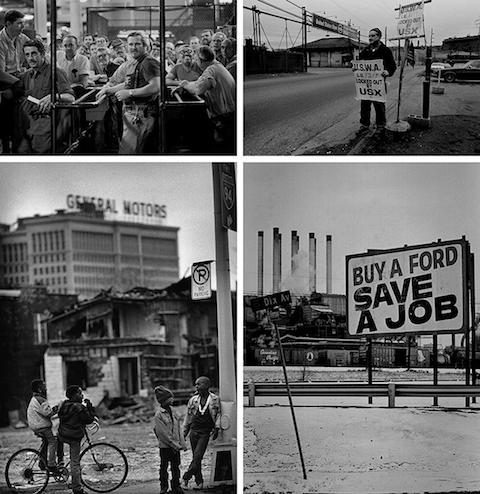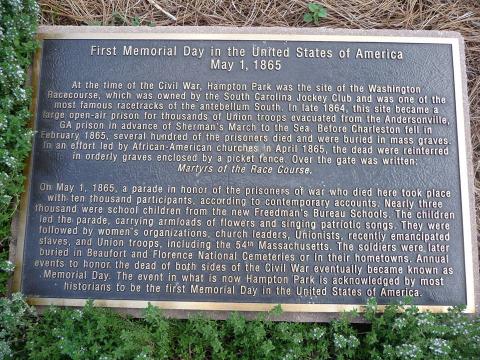Nina Turner: While Congress Obsesses Over Russia, Americans Being 'Left Behind'
Common Dreams

Voters in Flint, Michigan "wouldn't ask you about Russia and Jared Kushner," said Turner. "They want to know how they are gonna get some clean water and why some 8,000 people are about to lose their homes"










Spread the word